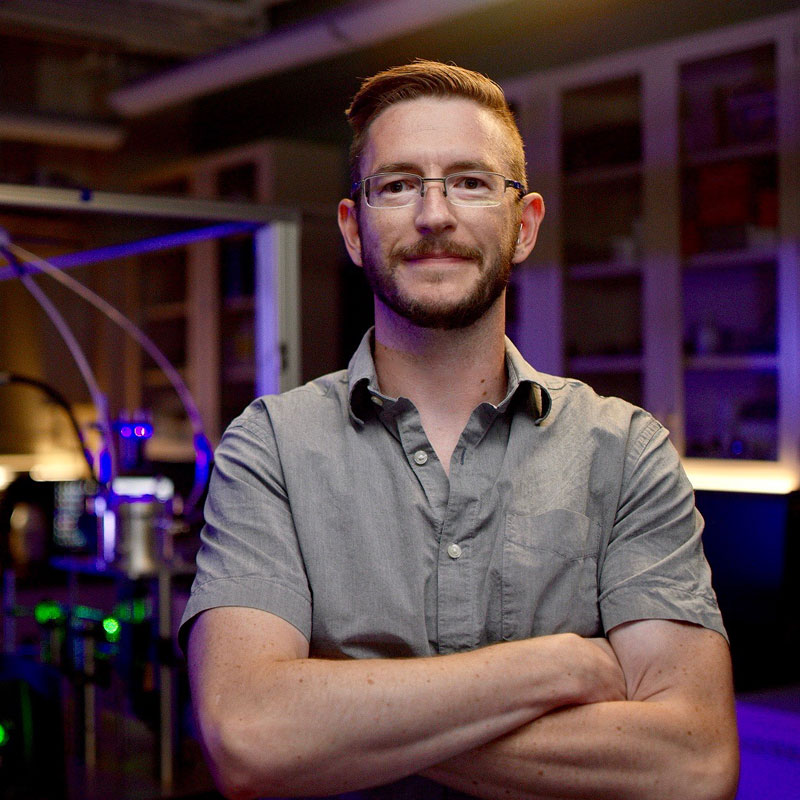Meet the Faculty
 Scientific Inquiry
Scientific Inquiry
24-291: Environmental Systems on a Changing Planet
Featured Faculty: Ryan Sullivan
What do you love about teaching?
Much of my teaching revolves around environmental chemistry and how to measure and study these complex environmental systems so we can better understand them. Teaching subjects that directly connect to the everyday world around us, how we affect the environment, and are in turn affected by our environment is a great way to engage the students with the course, and with scientific inquiry. Students want to understand how the environment around them functions and how human activities are changing it, but have not often had the opportunity to study this. They come to these courses eager to learn and are always making really interesting contributions of their own about new findings, events, challenges, and solutions related to environmental science. Helping students learn about and engage with the environment and become even more passionate about this topic is super rewarding.
What are some memorable projects you’ve had students do and how do they reflect your goals as an educator?
The opportunities for students to engage in self-directed learning where they choose the topic they wish to explore more deeply are always the most memorable. These provide each student the opportunity to express their own interests, as well as their own unique approach to their topic. I always learn so much from their term papers and projects as they often explore topics that I am less familiar with or are entirely new to me. In Environmental Systems on a Changing Planet I was going to take the class on environmental field trips in Pittsburgh but Covid prevented this. Instead the students designed their own self-guided field trip to have them experience and study environmental systems first-hand in a locational context of their choosing. They all devised such creative and interesting different locations and ideas to use for their individual field trips. You could really see how much they got out of it by reading their field trip reports. For much of the class this was the first time that they had really engaged with the environment and applied the environmental science concepts we had been learning. They also loved the opportunity to get out of their home and into the outdoors after all the isolation the pandemic had imposed on us.
What one piece of advice would you give your students?
Find your passion; what excites and motivates you to learn and do more. If you are passionate about your work and find meaning in it, this will help make the less appealing aspects that are an inescapable part of life feel less like a burden because your motivation will help you push through. You’ve probably heard this all before, so another aspect to consider is adopting a life-long learning philosophy. Learning doesn’t come only through courses while you are a student. Keep an open mind and be on the look out for new ideas, fields, approaches, and knowledge. You never know what new interests that excite you anew you might discover, and new connections between new-to-you ideas that you might apply the unique set of knowledge and skills you’ve acquired.